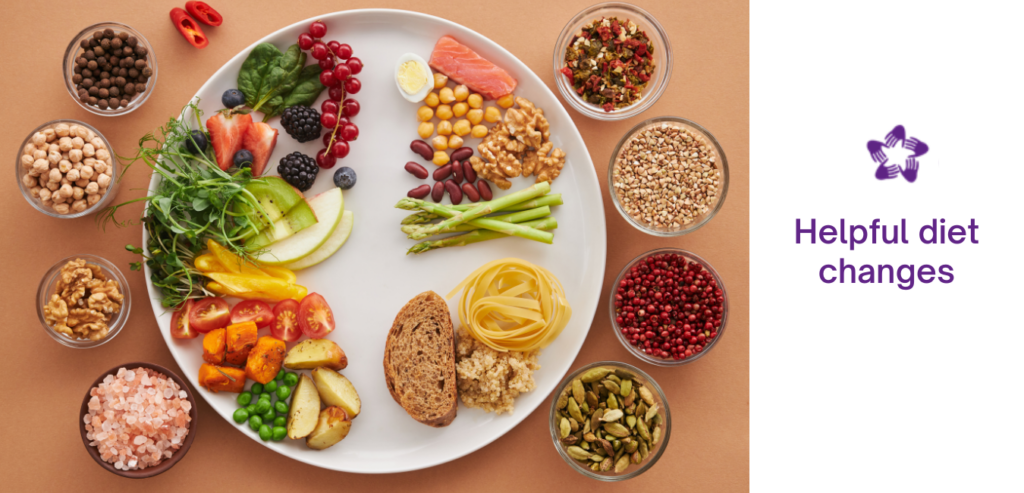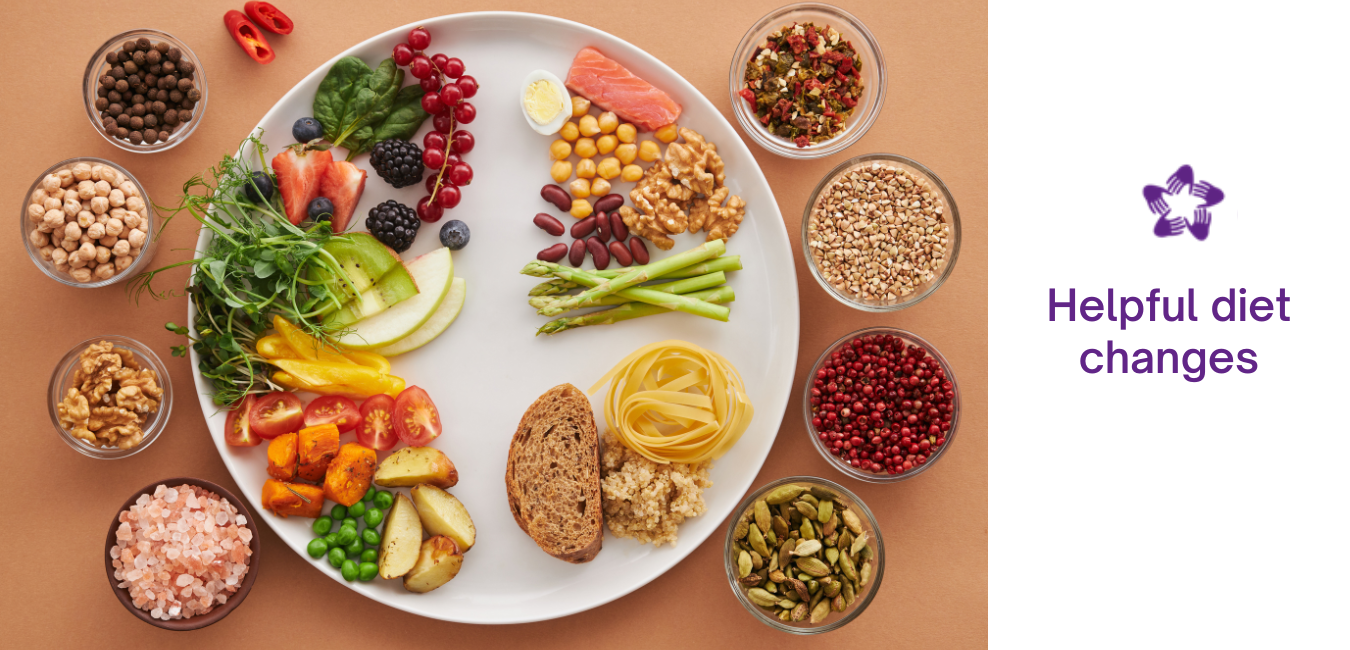
Making changes to your diet can have a significant impact on your mental health. The food we eat not only affects our physical health, but it also plays a crucial role in our emotional and mental well-being. Research has shown that certain nutrients and dietary patterns can improve mood, reduce symptoms of anxiety and depression, and even prevent mental health disorders.
One of the key dietary changes for mental health is incorporating more whole foods into your diet. This means focusing on fresh fruits and vegetables, whole grains, lean proteins, and healthy fats. These foods are rich in essential vitamins, minerals, and antioxidants that help support brain function and regulate mood.
Additionally, reducing your intake of processed and sugary foods can also have a positive impact on mental health. These foods can cause spikes in blood sugar levels, leading to mood swings and irritability. Instead, opt for complex carbohydrates like whole grains, which provide a steady release of energy and promote a more stable mood.
Another important aspect of a healthy diet for mental health is including probiotic-rich foods, such as yoghurt, kefir, and fermented vegetables. These foods promote a healthy gut microbiome, which has been linked to improved mental health.
Lastly, it’s essential to stay hydrated and limit your alcohol and caffeine intake. Dehydration can cause fatigue and irritability, while excessive alcohol and caffeine consumption can disrupt sleep and worsen symptoms of anxiety and depression. By making these dietary changes, you can nourish your body and mind, leading to improved mental health and overall well-being.

